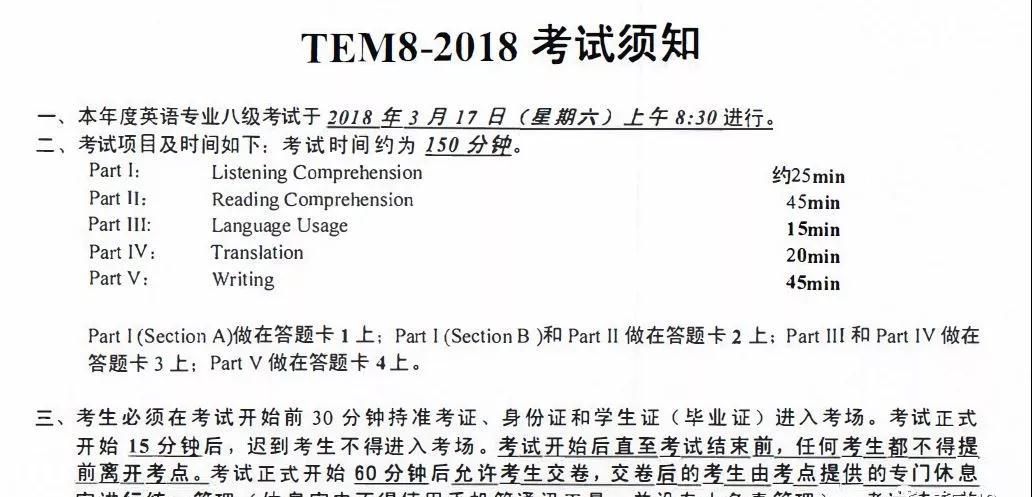综合辅导:职称英语补全短文第9课时
|
PASSAGE 20 Financial Risks Several types of financial risk are encountered in international marketing; the major problems include commercial, political, and foreign exchange risk. Commercial risks are handled essentially as normal credit risks encountered in day-to-day business. They include solvency, default, or refusal to pay bills. The major risk,__1__ which can only be dealt with through consistently effective management and marketing. One unique risk encountered by the international marketer involves financial adjustments. Such risk is encountered when a controversy arises about the quality of goods delivered, a dispute over contract terms, or__2__. One company, for example, shipped several hundred tons of dehydrated potatoes to a distributor in Germany. The distributor tested the shipment and declared it to be below acceptable taste and texture standards. The alternatives for the exporter were reducing the price, reselling the potatoes, or shipping them home again, each involving considerable cost. Political risk relates to the problems of war or revolution, currency inconvertibility, expropriation or expulsion, and restriction or cancellation of import licenses. Political risk is an environmental concern for all businesses. Management information systems and effective decision-making processes are the best defenses against political risk. As many companies have discovered, sometimes there is no way to avoid political risk,__3__. Exchange-rate fluctuations inevitably cause problems, but for many years, most firms could take protective action to minimize their unfavorable effects. Floating exchange rates of the world's major currencies have forced all marketers __4__. International Business Machine Corporation, for example, reported that exchange losses resulted in a dramatic 21.6 percent drop in their earnings in the third quarter of 1981. __5__, devaluations of major currencies were infrequent and usually could be anticipated, but exchange-rate fluctuations in the float system are daily affairs. Exercise: A to be especially aware of exchange-rate fluctuations and the need to compensate for them in their fin ancial planning B any other disagreement over which payment is withheld C however, is competition D so marketers must be prepared to assume them or give up doing business in a particular market E Before rates were permitted to float F After serious consideration Key: CBDAE PASSAGE 21 Price Planning A price represents the value of a goods or service for both the seller and the buyer. Price planning is systematic decision making by an organization regarding all aspects of pricing. The value of a goods or service can involve both tangible and intangible marketing factors. An example of a tangible marketing factor is the cost savings__1__. An example of an intangible marketing factor is a consumer's pride in the ownership of a Lamborghini rather than another brand of automobile. For an example to take place, both the buyer and seller must feel that the price of a goods or service provides an equitable value. To the buyer, the payment of a price reduces purchasing power __2__. To the seller, receipt of a price is a source of revenue and an important determinant of sales and profit levels. Many words are substitutes for the term price: admission fee, membership fee, rate, tuition, service charge, donation, rent, salary, interest, retainer, and assessment. No matter what it is called,__3__: monetary and non-monetary charges, discounts, handling and shipping fees, credit charges and other forms of interest, and late-payment penalties. A non-price exchange would be selling a new iron for 10 books of trading stamps or an airline offering tickets as payment for advertising space and time. Monetary and non-monetary exchange may be combined. This is common with automobiles, __4__. This combination allows a reduction in the monetary price. From a broader perspective, price is the mechanism for allocating goods and services among potential purchasers and for ensuring competition among sellers in an open market economy. If there is an excess of demand over supply, prices are usually bid up by consumers. If there is an excess of supply over demand,__5__. Exercise: A a price contains all the terms of purchase B obtained by the purchase of a new bottling machine by a soda manufacturer C where the consumer gives the seller money plus a trade-in D available for other items E prices are usually reduced by sellers F price means what one pays for what he wants key:BDACE |








